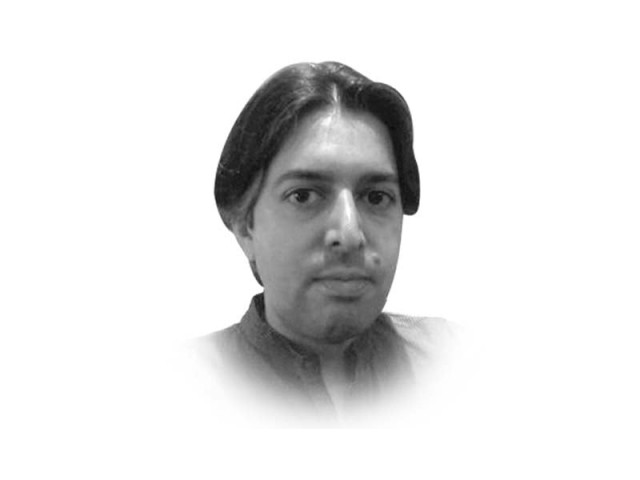Bombay to Mumbai: The death pangs of a great city
The real failure of Mumbai is a paucity of the imagination, a pettiness and provincialism in its thinking.

That lost Bombay, a romantic city of the imagination that struggles to articulate its dying existence in the quotidian commerce of Mumbai, was always premised on the coexistence of its many founding communities, ethnicities and faiths. It is the city not only of Husain, but of many other great writers, scholars and artists who have flown from its bourn. The literary critic Homi Bhabha, a Bombayite himself, writes of “this teeming hinterland of the city with layered communities” in his evocation of the old Bombay’s many neighbourhoods, with Hindus, Muslims, Christians, Jains, Parsis and Jews, living cheek by jowl.
My literary friends sometime forget that cultural efflorescence springs from economic dynamism, and very rarely the reverse. The roots of Bombay’s centrality as the commercial and financial capital of India, a position it wrested from Calcutta in the decade or so following independence, were laid much earlier, by the Merchant Princes in the 19th century, and by successive business houses in the years that followed. They gave Bombay the economic muscle to become the new nation’s cultural capital, a crown ceded only fitfully by Calcutta. That once-great city by the other sea tells its own cautionary tale: Secular economic decline leads eventually to intellectual and cultural decay, and a once thriving bazaar of ideas becomes a moribund curatorial culture of embalming and preserving the desiccated relics that remain.
But Mumbai’s political leaders did not heed the warning of Kolkata’s demise, and have done their best to accelerate, not attenuate, this Marathi take on the Bengali syndrome. Even a casual visitor cannot help but be struck by the city’s antiquated infrastructure, creaking under the strain of its 10 or 15 million inhabitants.
The real failure of Mumbai is a paucity of the imagination, a pettiness and provincialism in its thinking. For all of its many faults, the old imperial capital, Delhi, has always understood the intimate, even filial, relationship between economic and political ascendency on the one hand and cultural and intellectual primacy on the other. After forfeiting these first to Calcutta and then to Bombay, it has now aggressively reasserted its position as India’s premier metropolis. Whether literary, artistic, or culinary, it’s more liking to be happening in Delhi these days than in Mumbai. In a nation in which the state still plays a dominant role, this was perhaps inevitable. But Mumbai could have done more to parlay its one remaining asset —being a financial centre — into the bait that would draw back its artists and intellectuals, and foster the growth of new, home-grown ones as well. That dream, too, remains stillborn.
Published in The Express Tribune, July 26th, 2011.














COMMENTS
Comments are moderated and generally will be posted if they are on-topic and not abusive.
For more information, please see our Comments FAQ